- 631-796-2804
- [email protected]
- Mon - Fri: 6:30AM - 5PM
Cost-effective oil and stone installation that handles Long Island winters without the premium price tag.
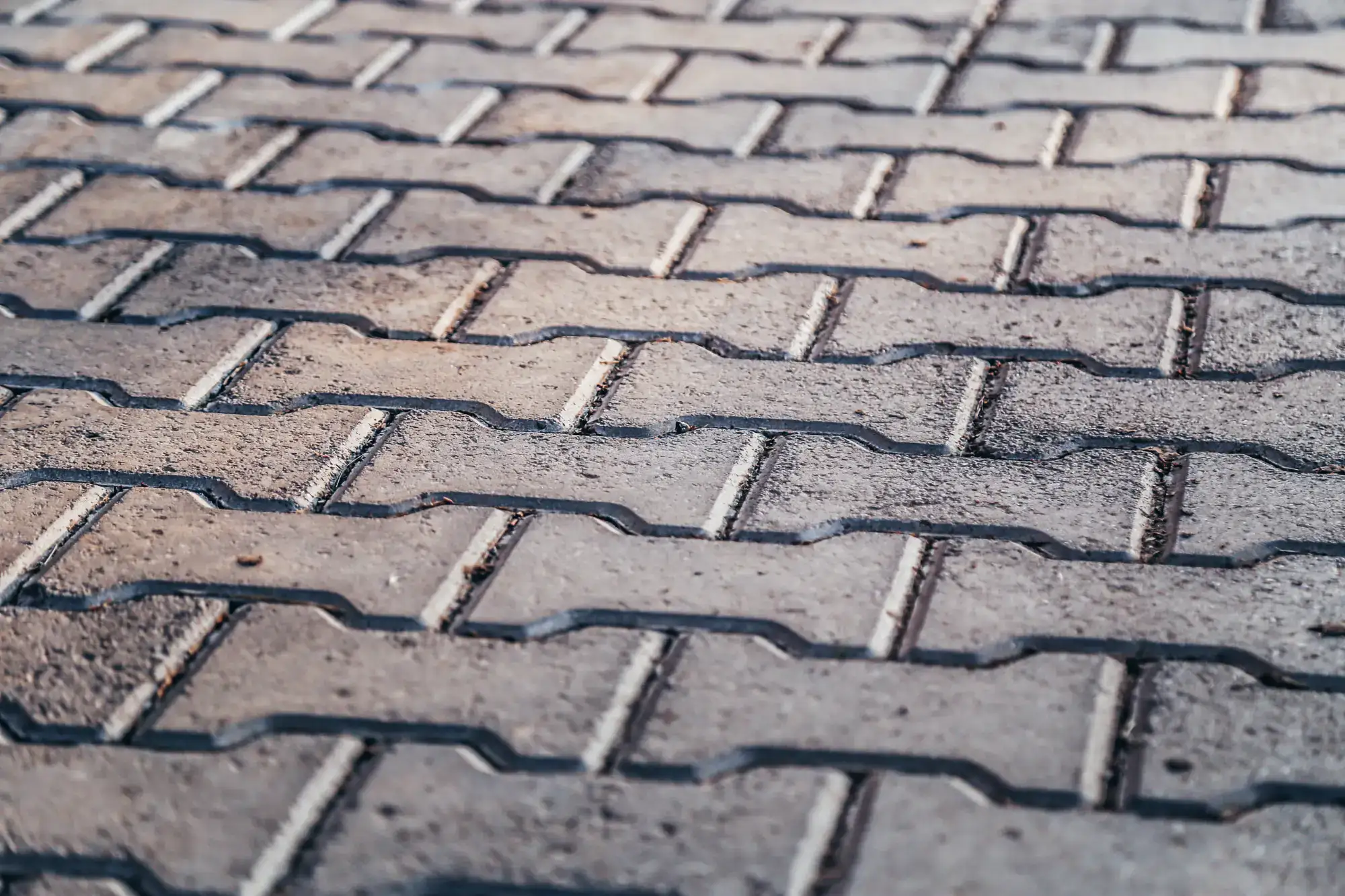
Hear from Our Customers
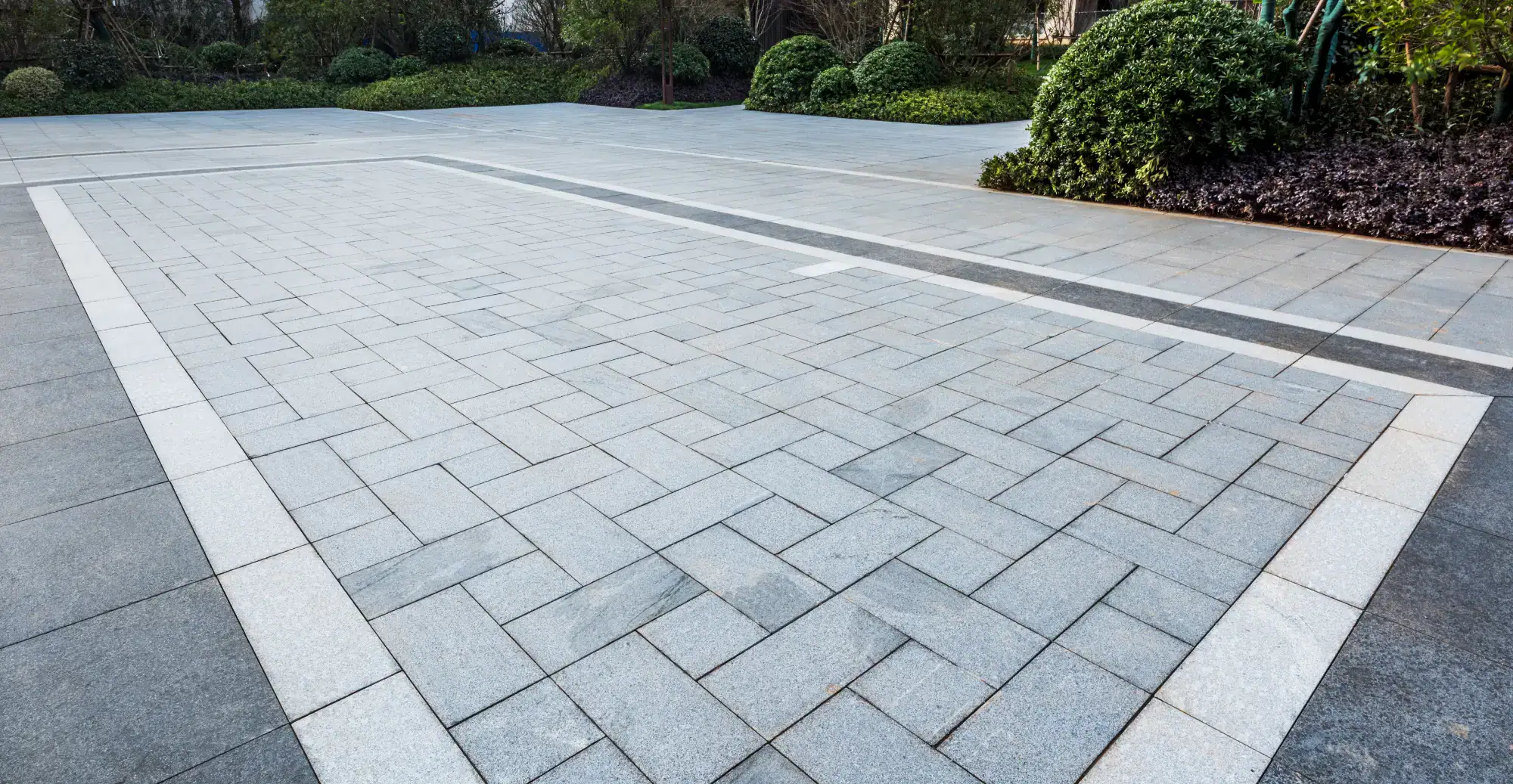
Your driveway becomes a solid, attractive surface that grips tires in wet conditions and doesn’t crack like traditional asphalt. The natural stone texture gives you better traction during those icy Long Island mornings when you’re rushing to get the kids to school.
You’ll save thousands compared to concrete while getting a surface that actually improves over time as the stones settle and lock together. No more patching potholes every spring or dealing with that black, sticky mess that regular asphalt becomes in summer heat.
The installation happens fast – usually wrapped up in a day or two – so you’re not dealing with construction chaos for weeks. Once it’s done, you can drive on it immediately. No waiting around for concrete to cure or asphalt to cool down.
We’ve been handling driveway projects across Long Island for years, and we’ve seen what works and what doesn’t in this climate. Smiths Point’s sandy soil and coastal weather create specific challenges that most contractors either don’t understand or try to ignore.
We’ve installed hundreds of oil and stone driveways in the area because we know they perform better than traditional options for most homeowners. When you call us, you’re getting contractors who actually live and work in this community – not some crew that drives in from three counties away.
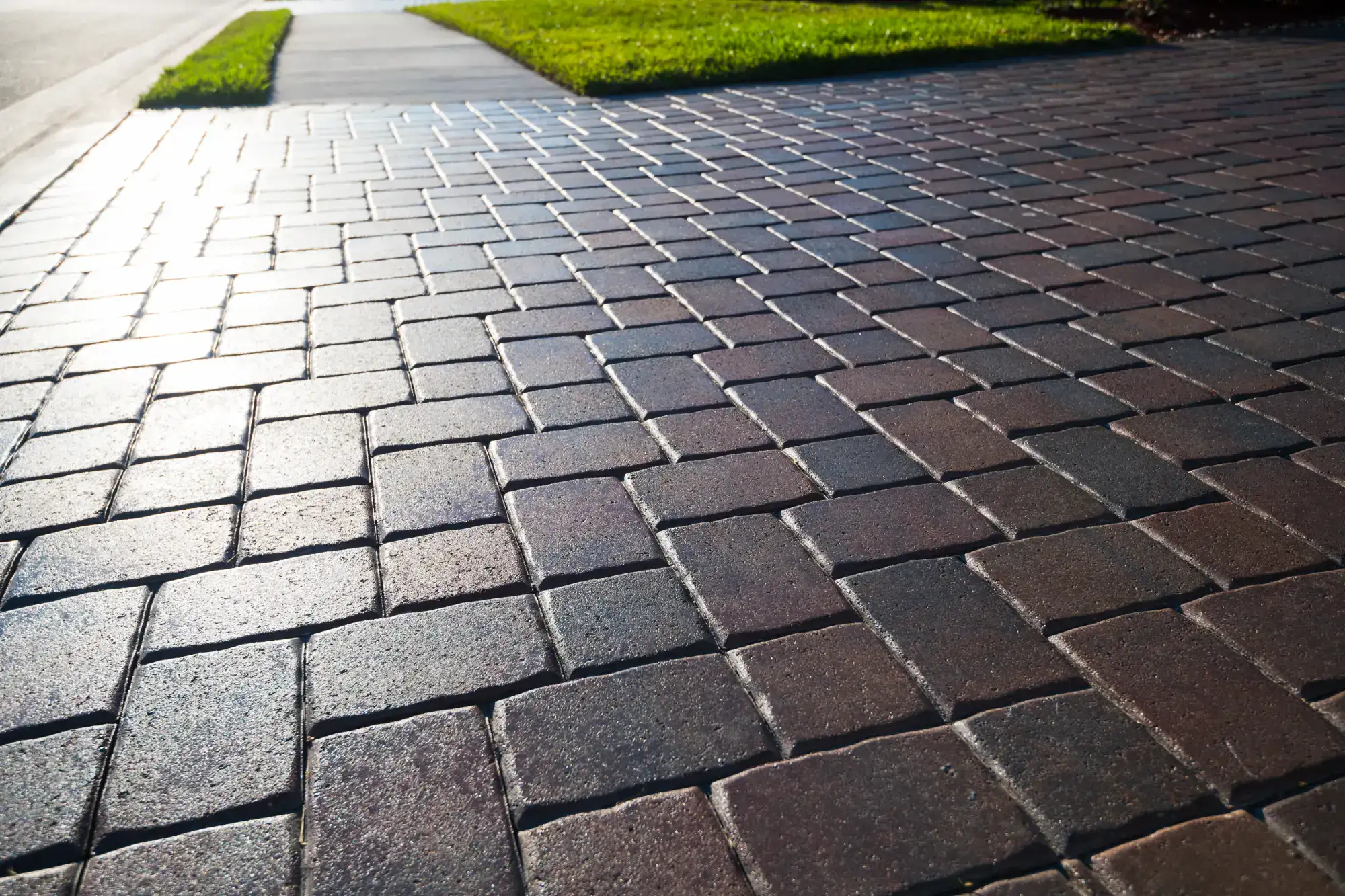
First, we prepare your base by grading and compacting the surface to ensure proper drainage. This step matters more than most people realize – skip it, and you’ll have problems within a year regardless of what surface material you choose.
Next, we apply a hot oil binder evenly across the prepared surface. This isn’t regular asphalt – it’s specifically formulated to bond with stone aggregate and create a flexible, weather-resistant surface that moves with temperature changes instead of cracking.
Then we spread the stone aggregate while the binder is still hot, ensuring each stone embeds properly. We use locally sourced stone that’s sized correctly for driveways – not too large to be uncomfortable to walk on, not too small to wash away in heavy rain. Finally, we compact everything with specialized equipment to lock the stones in place and create that smooth, durable surface you’ll drive on for years.
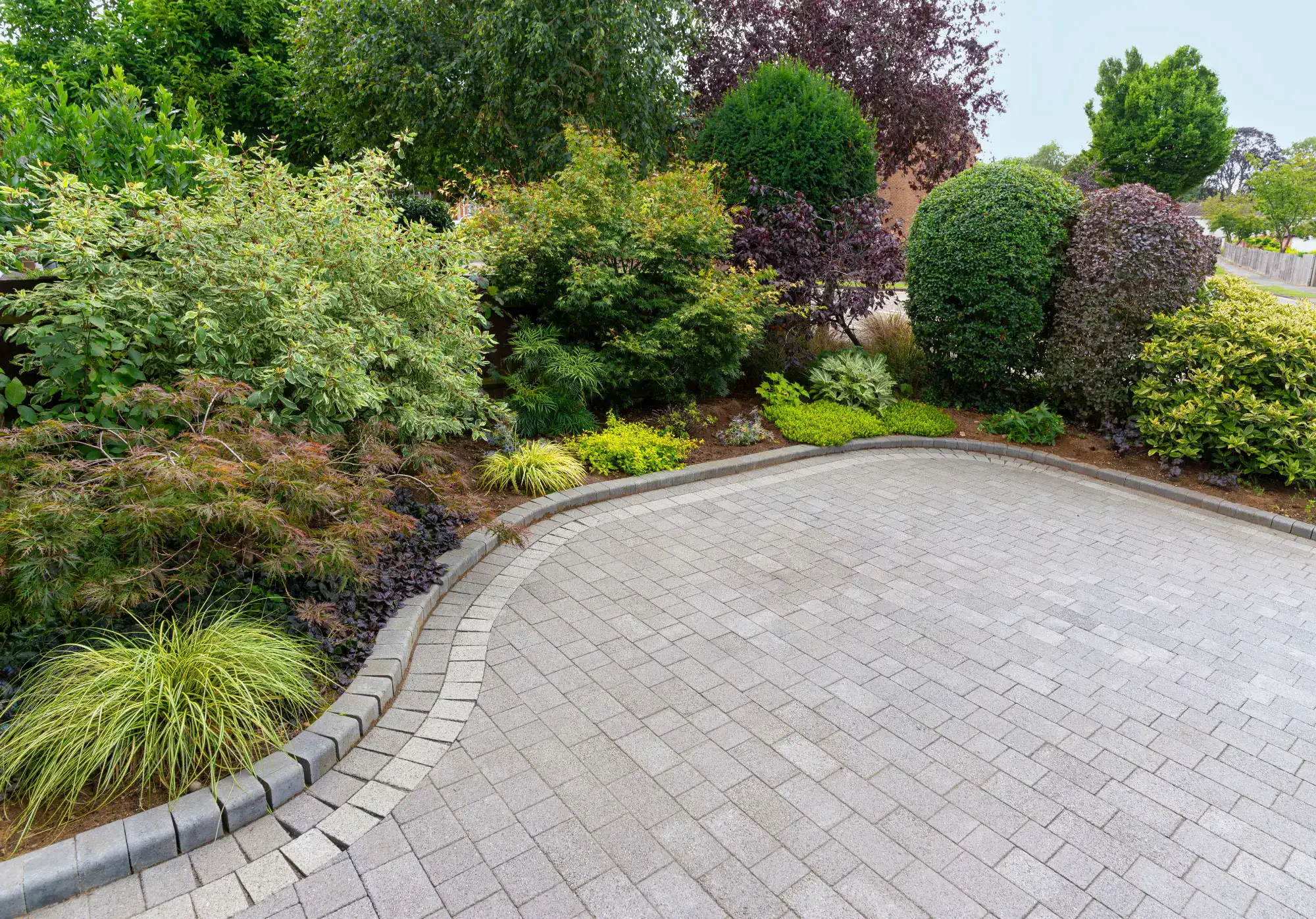
Ready to get started?
You get complete site preparation, which means we handle the grading, drainage considerations, and base compaction that determines whether your driveway lasts five years or twenty. Most driveway failures happen because someone rushed or skipped the prep work.
The oil and stone application includes premium binder and aggregate materials specifically chosen for Long Island’s climate conditions. We’re not using whatever’s cheapest that week – these materials are selected because they perform well in coastal environments with freeze-thaw cycles.
Your project includes proper edge work and transitions so water flows away from your foundation instead of pooling against your house. We also clean up completely when we’re done, which apparently isn’t standard practice for every contractor, but it should be.
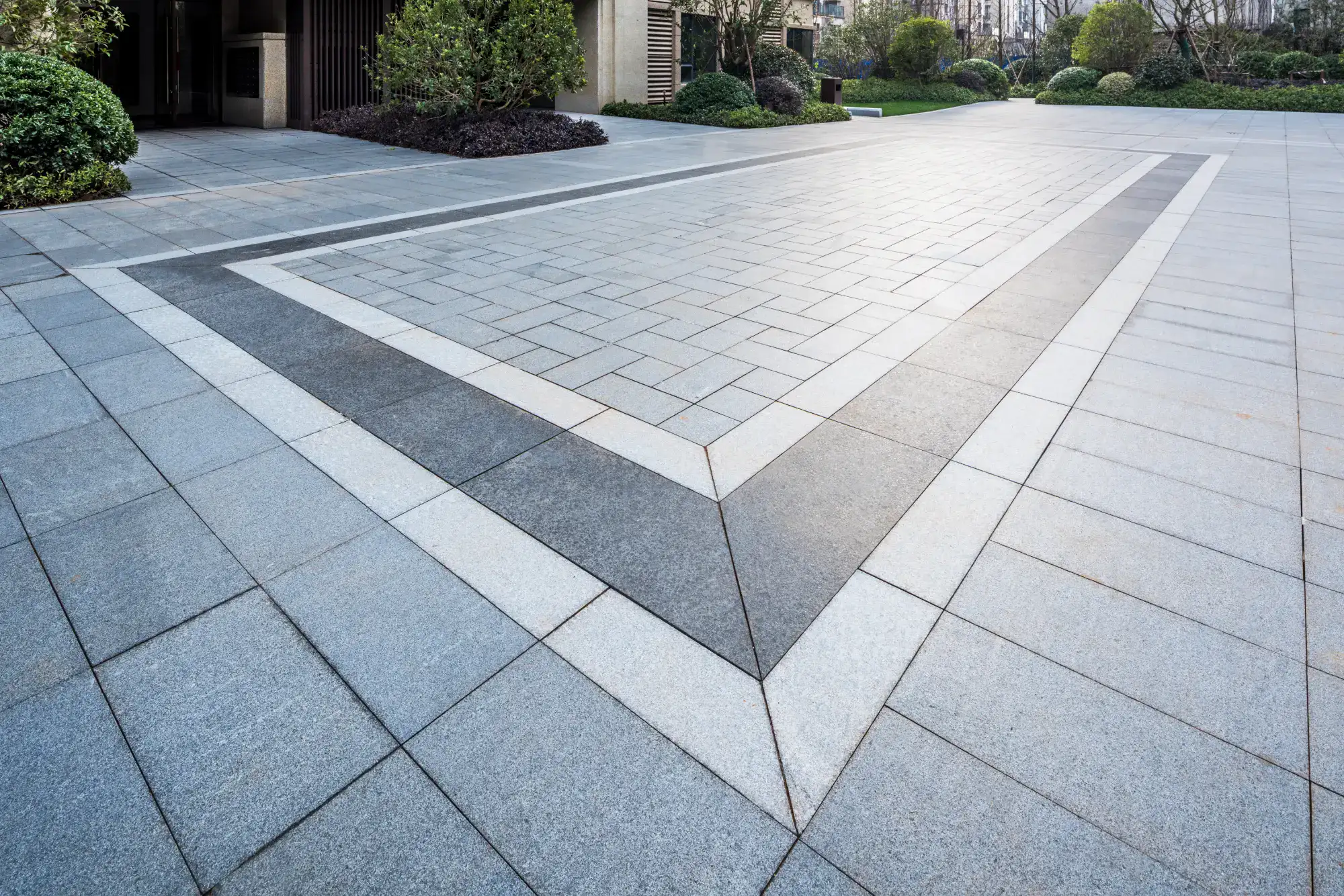

We are a family owned and operated paving contractor servicing customers on the East end of Long Island. We specialize in all phases of paving from start to finish.